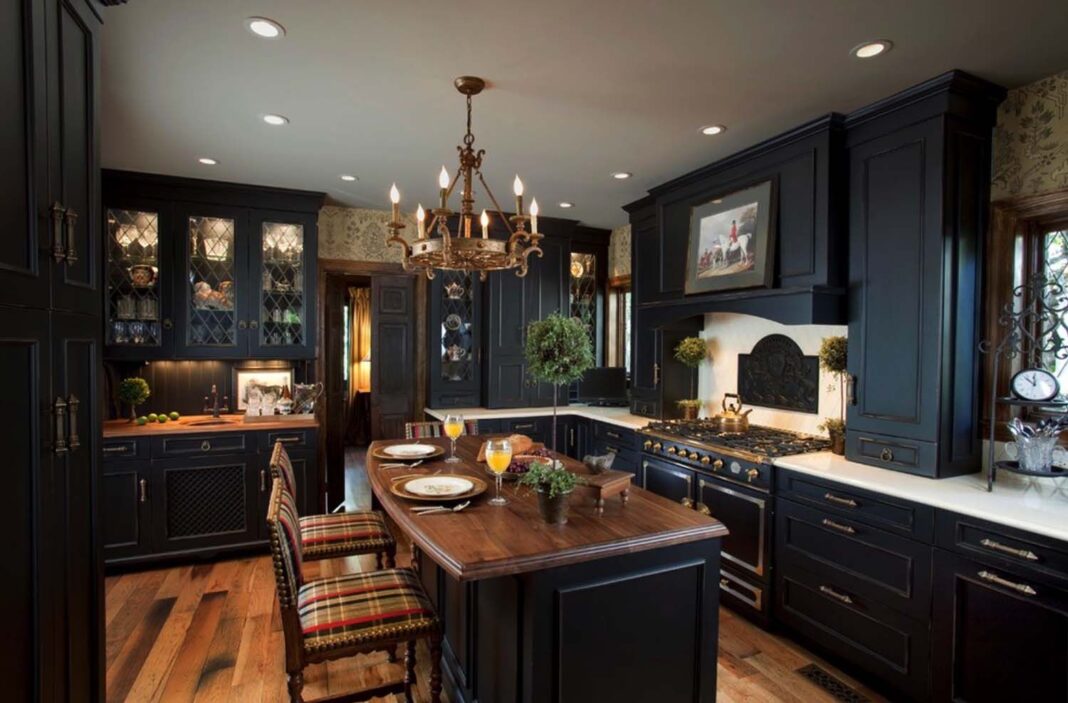Quartz refers to engineered stones produced in factories in various colors, including bright red, lime green, and everything in between. The mineral is used in various applications, including quartz countertop installation, building materials, and electronics. You can also choose from dozens of natural patterns and hues, including modern concrete and marble-inspired designs. Here are some FAQs about quartz countertops:
What Are the Benefits of Quartz Countertops?
Quartz is the second most common mineral in the world, found in igneous, metamorphic, and sedimentary rocks. You can find brown, black, cream, and vibrant or neutral colors. Quartz countertop installation has increased in speed due to custom laser template systems, CNC sawing, and router technology used to create unique designs. Installers complete the customization in the factory using your specifications, and no additional sealing is required.
Since quartz is a non-porous material, it keeps bacteria at bay and is resistant to chipping and cracking. The material should also repel stains from oil, juice, coffee, wine, tomato, and other kitchen ingredients. You can expect the countertop to retain its color and have the choice to pick natural hues with unique, aesthetically pleasing patterns. Other benefits include low maintenance and heat resistance, provided you avoid direct contact with hot pans and hair tools. You can apply a protective top coat once a year to keep the shine and luster looking new. Use cutting boards and trivets to protect the resin from damage. The countertops maintain their color and smoothness over time if protected from sunny areas or treated with UV-resistant protective coating.
Where Can I Install Quartz Countertops?
Countertops made of quartz are installed in various areas, including kitchens, bathrooms, fireplaces, windows, and coffee tables. You can also use them for shower edges and window sills. Quartz is also valuable for businesses for reception desks, conference tables, and food service counters. Use quartz in countertops located away from sun exposure to avoid discoloration by ultraviolet light.
The countertops fit all types of sinks and cabinets provided the installer takes accurate size measurements. Last-minute modifications are done on-site to fit the countertop to the space. Many slabs come in custom dimensions but feature maximum sizes. Although the slabs feature no seams, the installation can be seamed if you have longer countertops that require multiple slabs, and the seams are usually inconspicuous after installation. Avoid cleaning quartz countertops with oven grill cleaners, oil soaps, floor strippers, tarnish removers, toilet bowl cleaners, and drain products. Rinse the countertop immediately if you accidentally expose it to such products. Cleaning the countertops requires mild dish soap and warm water. You can also repair damaged countertops using quartz repair kits and epoxy resins.
How Do Quartz Compare With Other Countertops?
Quartz countertops include materials such as ground quartz, polyester resins for binding, and pigments for color. Some designs also feature metallic flecks and recycled glass to provide a distinct reflective appearance. Installation costs for quartz countertops are not much different from granite, marble, and slate. One of the most well-known attributes of the quartz mineral is its durability.
Schedule Quartz Countertop Installation Today
Choosing quartz countertops has many benefits, from quick installation to design personalization and longevity. Work with reputable installers who can provide high-quality quartz and installation services. Contact a quartz countertop installation company today for more insights.

